The idea that science skills are innate and great discoveries are made only by “lone geniuses” is losing traction in STEM.
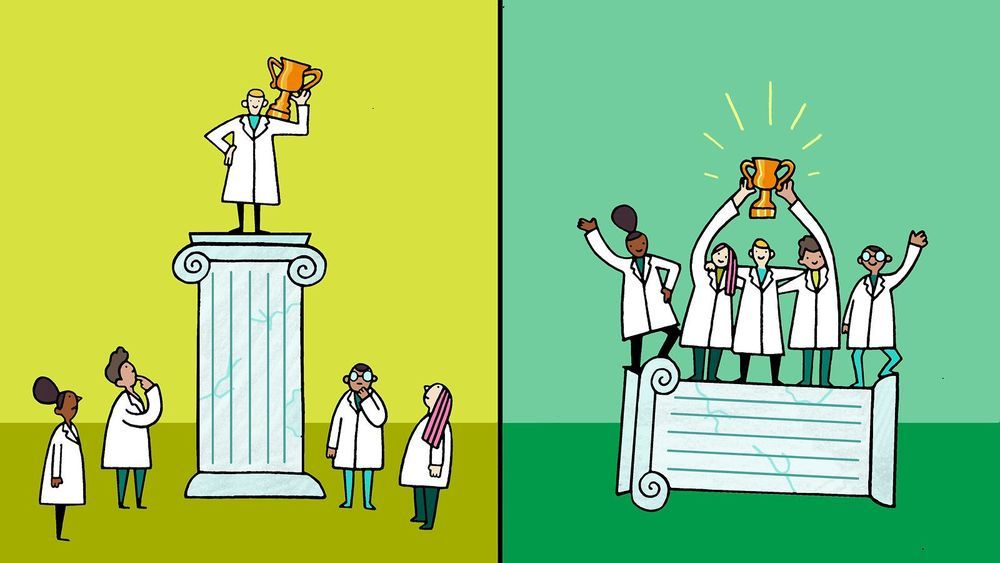

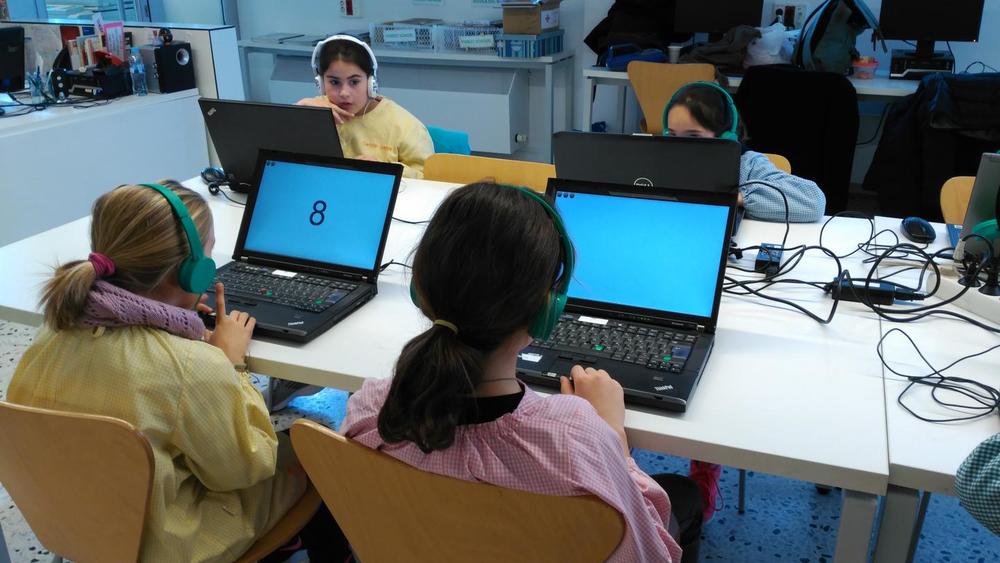
A growing body of research suggests that exposure to air pollution in the earliest stages of life is associated with negative effects on cognitive abilities. A new study led by the Barcelona Institute for Global Health (ISGlobal), a centre supported by “la Caixa”, has provided new data: exposure to particulate matter with a diameter of less than 2.5 μm (PM2.5) during pregnancy and the first years of life is associated with a reduction in fundamental cognitive abilities, such as working memory and executive attention.
The study, carried out as part of the BREATHE project, has been published in Environmental Health Perspectives. The objective was to build on the knowledge generated by earlier studies carried out by the same team, which found lower levels of cognitive development in children attending schools with higher levels of traffic-related air pollution.
The study included 2,221 children between 7 and 10 years of age attending schools in the city of Barcelona. The children’s cognitive abilities were assessed using various computerized tests. Exposure to air pollution at home during pregnancy and throughout childhood was estimated with a mathematical model using real measurements.
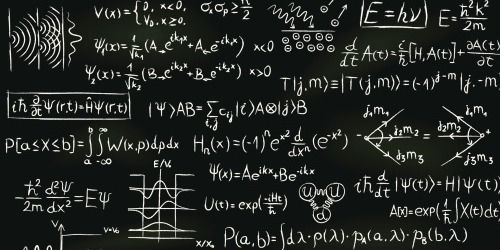
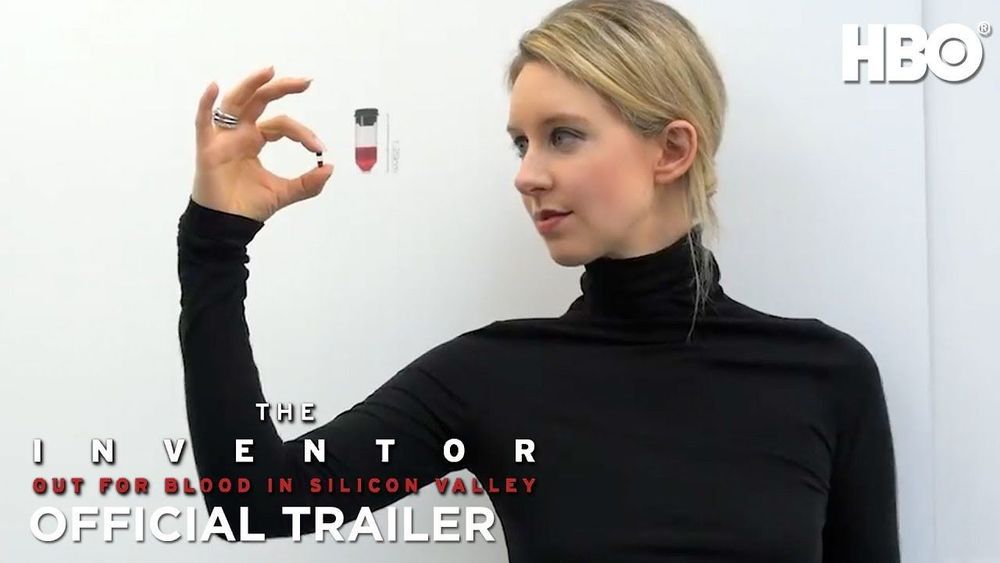
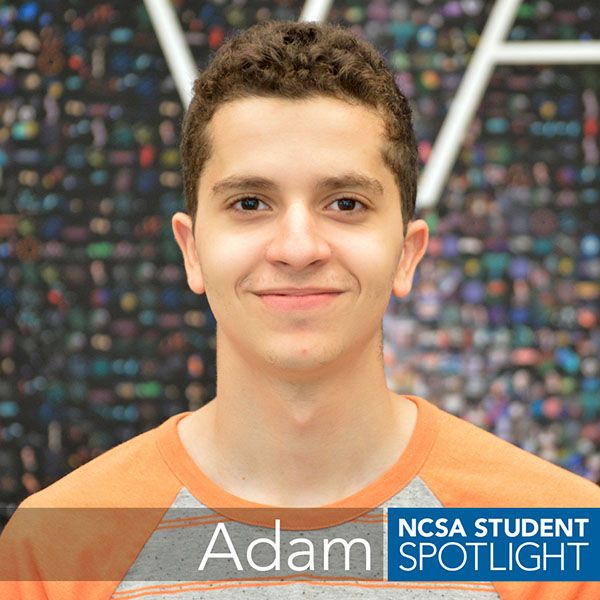
Before he could legally drive, high school student Adam Rebei was already submitting jobs on the Blue Waters supercomputer at the National Center for Supercomputing Applications at the University of Illinois at Urbana-Champaign (NCSA) to run complex simulations of black holes.
“My first time using Blue Waters, we did a tour first and got to see the computer, which is a very amazing thing because it’s a very powerful machine,” Rebei told the NCSA, “and I just remember thinking, ‘All of the GPUs!’ It’s an insane amount of GPUs, and I’ve never seen anything like it.”
To get there, Rebei first took an astronomy class that led him to his work with the NCSA. Once there, he teamed up with research scientist Eliu Huerta, who leads the group’s Gravity Group.

Today Chandra is continuing to study Cassiopeia A to better understand exactly how stars produce & disseminate many of the chemical elements found on Earth and in the cosmos at large! Take a “Journey through an Exploded Star” with Smithsonian Education & Chandra: http://s.si.edu/supernova

The Aldabra white-throated rail, a flightless bird that lives on its namesake atoll in the Indian Ocean, doesn’t look like anything special at first glance. But the small bird has big bragging rights, because it has effectively evolved into existence twice after first going extinct some 136,000 years ago.
According to a study published Wednesday in the Zoological Journal of the Linnean Society, the rail is an example of a rarely observed phenomenon called iterative evolution, in which the same ancestral lineage produces parallel offshoot species at different points in time. This means that near-identical species can pop up multiple times in different eras and locations, even if past iterations have gone extinct.
Fossils of the flightless bird were found both before and after Albadra was submerged by an “inundation event” that occurred around 136,000 years ago, said study authors Julian Hume, an avian paleontologist at Natural History Museum in London, and David Martill, a paleobiologist at the University of Portsmouth.

From the beginning of the year 2019, the sales of Boox eReaders slightly increase, and so do many other brands such as Kindle, Kobo and Sony. All of them suffered a rapid drop in sales in the previous year but now they are getting back. This may cause by the event that France prohibits students from using smartphones and tablets in schools.
Under the legislation passed in 2018, the French students as old as 15 were not allowed to bring their smartphones as well as tablets to schools from September. The law was originally noted in President Emmanuel Macron’s election campaign. Now, one semester has gone, actually what do folks think to this policy? Earlier than that, France endorsed a blanket smartphone ban for drivers, even those who park at the side of the road, so the further action to school is not that surprising. It seems that the French government is getting realized that the control of electronics use is significant to beat back the encroachment of digital technology in everyday life.

 3D printing is moving ever closer to gaining a true home in mainstream commercial applications, thanks to the impact the technology is having on consumer fashion products such as jewelry, footwear, and clothing. While 3D printed fashion was still considered to be more of a novelty a few years ago, efforts have been increasing to make it more common – even in the classroom. Additionally, the technology is helping to usher in a more sustainable and eco-friendly way of manufacturing garments…and designer Julia Daviy is helping to lead the charge.
3D printing is moving ever closer to gaining a true home in mainstream commercial applications, thanks to the impact the technology is having on consumer fashion products such as jewelry, footwear, and clothing. While 3D printed fashion was still considered to be more of a novelty a few years ago, efforts have been increasing to make it more common – even in the classroom. Additionally, the technology is helping to usher in a more sustainable and eco-friendly way of manufacturing garments…and designer Julia Daviy is helping to lead the charge.
In addition to designing clothes, Daviy is also an ecologist and clean technology industry manager, and uses 3D printing to make cruelty-free, zero-waste clothing. She believes that the technology will change how the world produces clothing, especially when it comes to some of the more problematic issues of garment manufacturing, such as animal exploitation, chemical pollution, energy consumption, and material waste.
“Our goal was never to demonstrate the viability of 3D printed clothing and leave things at that. We’ll have succeeded when beautiful, comfortable, ethically manufactured and environmentally friendly clothes are the standard,” Daviy stated. “The innovations we’ve made on the production and marketing side of the equation are just as important as the technological breakthroughs that have gotten us this far.”
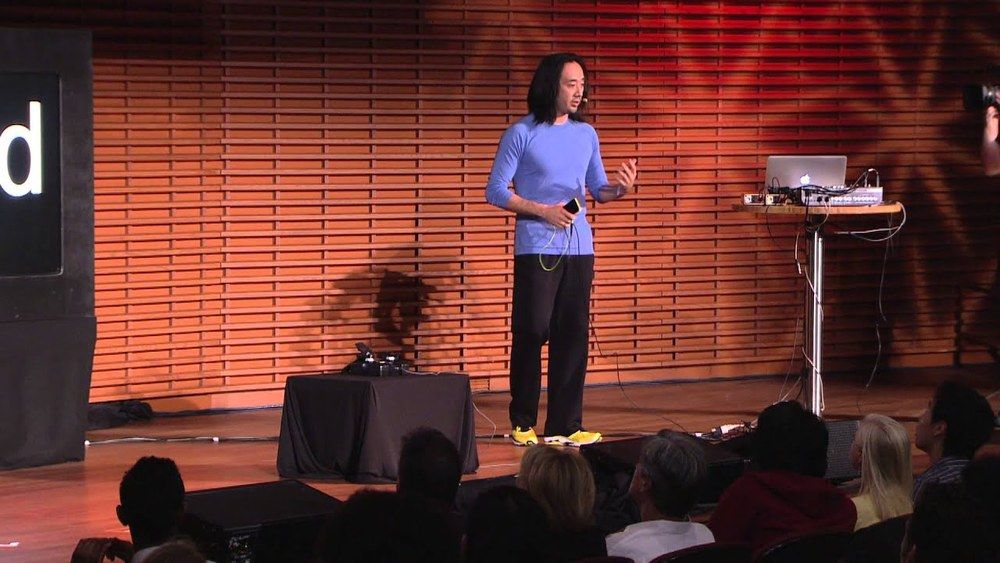
Art for humanity via technology, for the music geek in you Enjoy:-)
Ge Wang is an assistant professor at Stanford’s Center for Computer Research in Music and Acoustics (CCRMA).
His research focuses on programming languages and interactive software design for computer music, mobile and social music, laptop orchestras and education at the intersection of computer science and music. Wang is the author of the ChucK audio programming language, as well as the founding director of the Stanford Laptop Orchestra (SLOrk) and the Stanford Mobile Phone Orchestra (MoPhO). He is also the co-founder of Smule (which makes social music making apps and has over 100 million users) and the designer of the iPhone’s Ocarina and Magic Piano.
In the spirit of ideas worth spreading, TEDx is a program of local, self-organized events that bring people together to share a TED-like experience. At a TEDx event, TEDTalks video and live speakers combine to spark deep discussion and connection in a small group. These local, self-organized events are branded TEDx, where x = independently organized TED event. The TED Conference provides general guidance for the TEDx program, but individual TEDx events are self-organized.* (*Subject to certain rules and regulations)